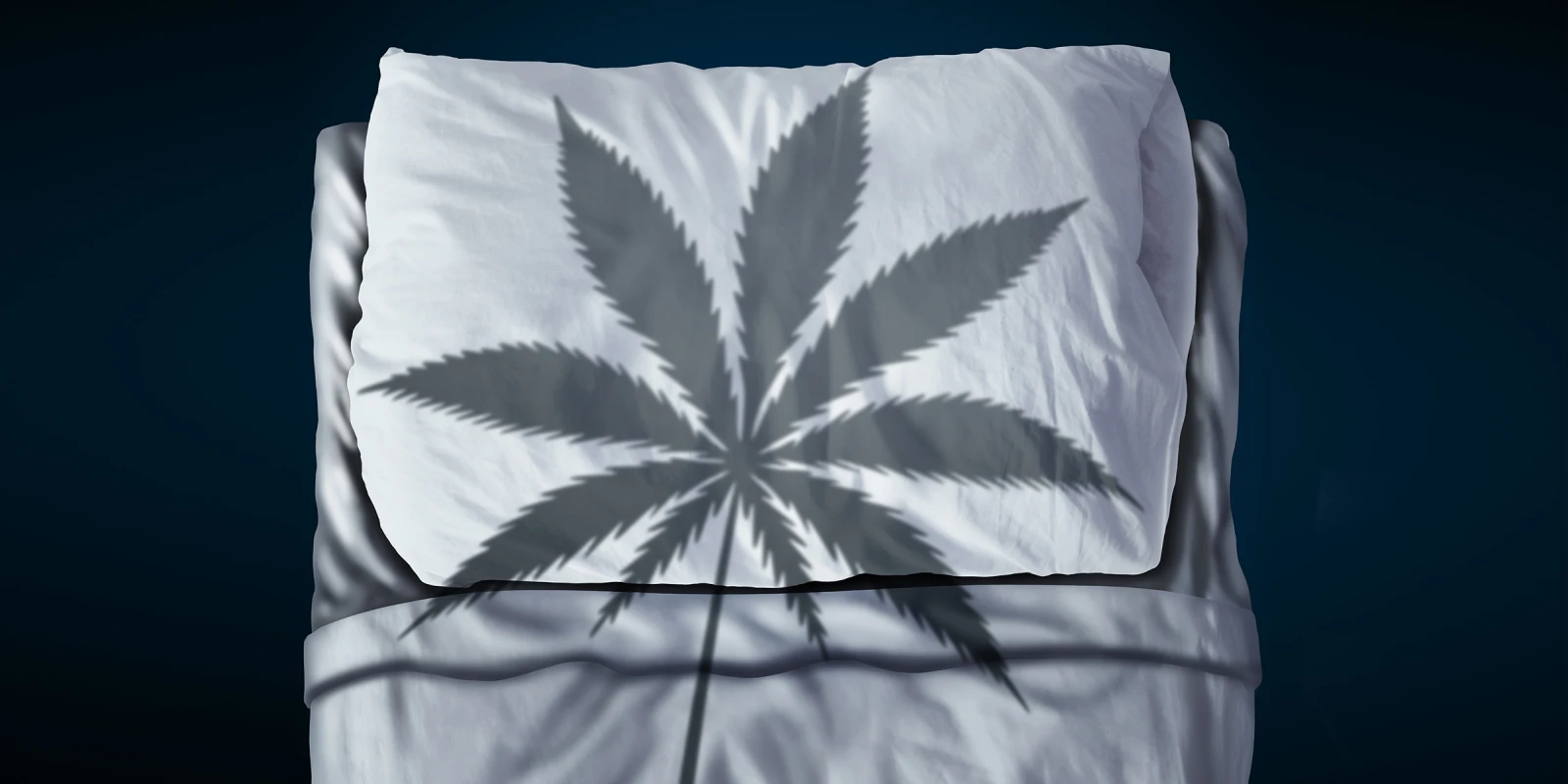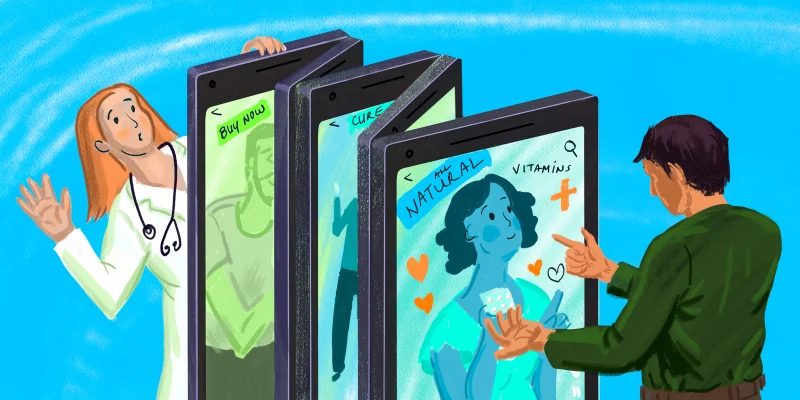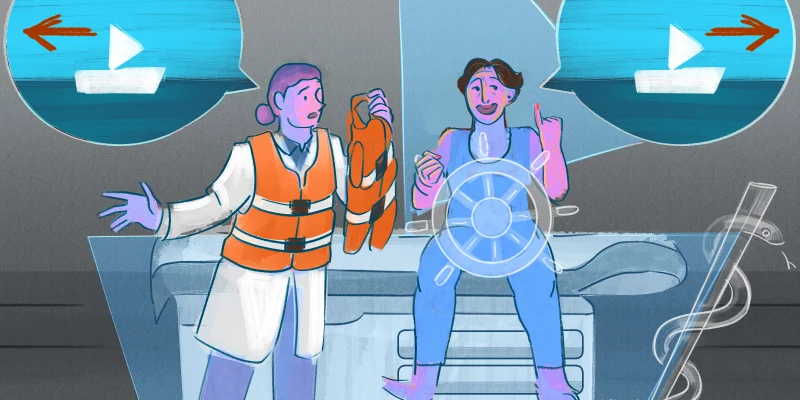It’s 2 a.m. and Jill can’t sleep. She’s been tossing and turning for the last three hours, dozing off but waking up soon after in frustration.
She finally gets out of bed. Should she take a sleeping aid? But I’ll be drowsy in the morning, she answers herself.
Her stomach feels uncomfortable. Maybe it was a mistake not getting dinner? Should I get a snack? No, I don’t feel like it anyway. Jill’s appetite has been off. Am I depressed again?
Thank God the kids are finally asleep, she thinks, with relief. She has had no patience for the last few days, everything and everyone on her nerves. Why am I so angry?
When I met with Jill, her PCP had already tried her on three different antidepressants, but the anxiety and unbearable stress of her daily life was still unmanageable. She told me that marijuana was a way to de-stress after the kids were asleep. She said it helped her eat and fall asleep. She didn't feel there was anything wrong with it.
When I challenged her marijuana use, I communicated that I thought she was addicted — and in denial about it. I made a mistake by telling her this without also providing a good strategy for detox.
But Jill was determined to prove me wrong; she didn’t think it was an addiction. That psychiatrist is so narrow-minded, I imagined her thinking.
When Jill started going through withdrawal, she thought it was anxiety, maybe a touch of depression, her IBS acting out. She looked in her medicine cabinet. Antihistamines and melatonin, next to some edibles and CBD oil. She took some melatonin, got into bed, and … nothing. Eventually, she smoked a joint and finally fell asleep.
When I asked about her marijuana use at our next appointment, Jill told me she had been using much less, and that she was fine. We talked more about her symptoms, and I told her (again) that they reminded me of symptoms of withdrawal. I came closer to convincing her, but she was still unsure. I made my case: I told her that it was hard to know where her mental health really was because her addiction made it hard to understand what her real struggles really were.
"But there's no way I'm going to detox or some rehab doc," Jill said. She wanted to try to do it with only my help, though she eventually agreed to see a therapist, as well. We agreed on a plan to slowly reduce her marijuana use, and we picked a date for abstinence. I prescribed some comfort medications for those first weeks of abstinence (gabapentin and mirtazapine), but made sure to tell her that it wouldn’t remove the difficulty; it would just make it a little easier.
Together, Jill and I started a year-long journey. There was a short relapse, another gradual detox, psychotherapy (CBT), and, at the end, we got our happy ending. Jill is sober, living a full, productive, and happy life.
… I wish I had more stories like this. Unfortunately, most of the patients I educate about marijuana choose to minimize, deny, or avoid. With some, I have partial success; with others, I have to dig deep into my motivational interviewing skills.
For so many people, marijuana feels very innocent. Its effects are not extreme and the feelings of dissociation — the “high” calm — are often very appealing, especially in our stressful world in which we always feel like we’re behind on the things we need or want to do. But the consequences are there: lack of motivation, anxiety, paranoia, tolerance, and dependence. I often see very talented people who have convinced themselves that they’re no good, lazy people who will never do anything with their lives. They keep trying to do better, but their addiction gets the better of them. Their perception of who they are and what they can do is altered. It's a rare but very worthwhile pleasure to help them go through recovery and find out who they really are.
According to the CDC, one in 10 adults who use marijuana will become addicted — for teenagers, it is one in six. As more and more states legalize the use of marijuana, doctors should be aware of the potential for addiction and the negative effects it can have on their patients. Just as we learned to screen for tobacco and alcohol use, now it is the time to add marijuana to our list.
With changes in the legal environment, have you noticed an uptick in marijuana use in your patient populations? How do you weigh the positives and negatives? Share your thoughts in the comments.
Dr. Yehonatan Shilo is a psychiatrist with an international perspective on health care. He completed his education in Italy and has practiced medicine and psychiatry in Israel and the United States. He has special interests in underserved populations, health care policy and psychotherapy. He is a 2020–2021 Doximity Op-Med Fellow.







